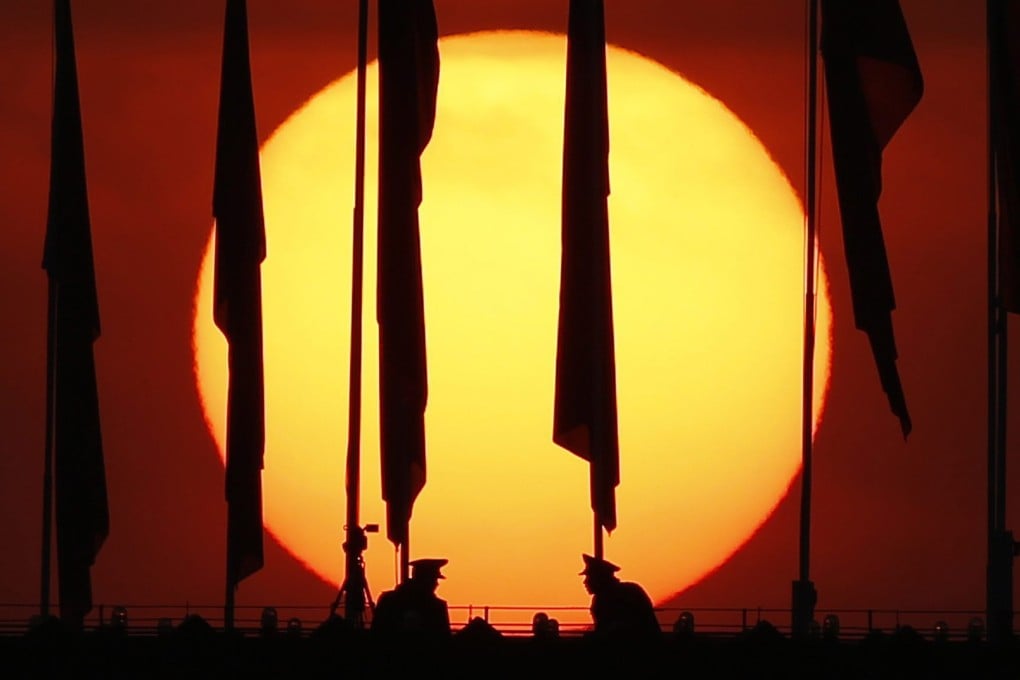To know China, one must understand the Communist Party
Robert Lawrence Kuhn urges study of a series of Communist Party books

On Thursday, the Communist Party is publishing in English an unprecedented series of books, titled Understanding the CPC. The launch, at BookExpo America in New York, where China is the "featured country of honour", is a milestone, marking the party's dual commitment to domestic renewal and international outreach.
China is at a crossroads, and the outcomes will affect the entire world. The only way to grasp its current conditions and anticipate its future prospects is to understand what the party is and how it works.
These books are the Communist Party explaining itself - philosophies and policies, organisation and governance, vision and challenges. These are not dispassionate, academic critiques, but real-life expositions of how the party interprets itself. It is good to know what the party wants the world to know. Understanding the CPC is the story of the party, told by the party. This is how the party thinks.
President Xi Jinping's "Four Comprehensives", his overarching political theory, elevates "strictly governing the party" to the highest rank (along with building a moderately prosperous society, deepening reform, and governing according to law). It has become Xi's transformative hallmark. Although previous leaders have stressed party discipline, none has done so like Xi.
Wang Qishan , the party's anti-corruption chief, declared that one cannot understand China without understanding the Communist Party. The essential characteristic of "socialism with Chinese characteristics", he said, is "the leadership of the Communist Party". Building a moderately prosperous society would be impossible, Wang continued, without party rule.
Understanding the party addresses three fundamental questions. First, why has China opted for one-party rule; by what right does the party hold perpetual rule? Second, what is it about party structure, organisation and governance that enables it to endure as the ruling party; how has it brought about China's remarkable development? Third, what challenges does it face in the future, amidst increasing domestic complexity and international volatility?